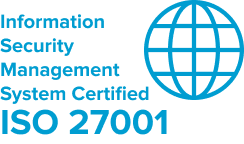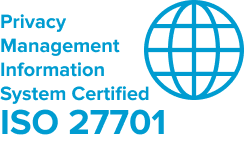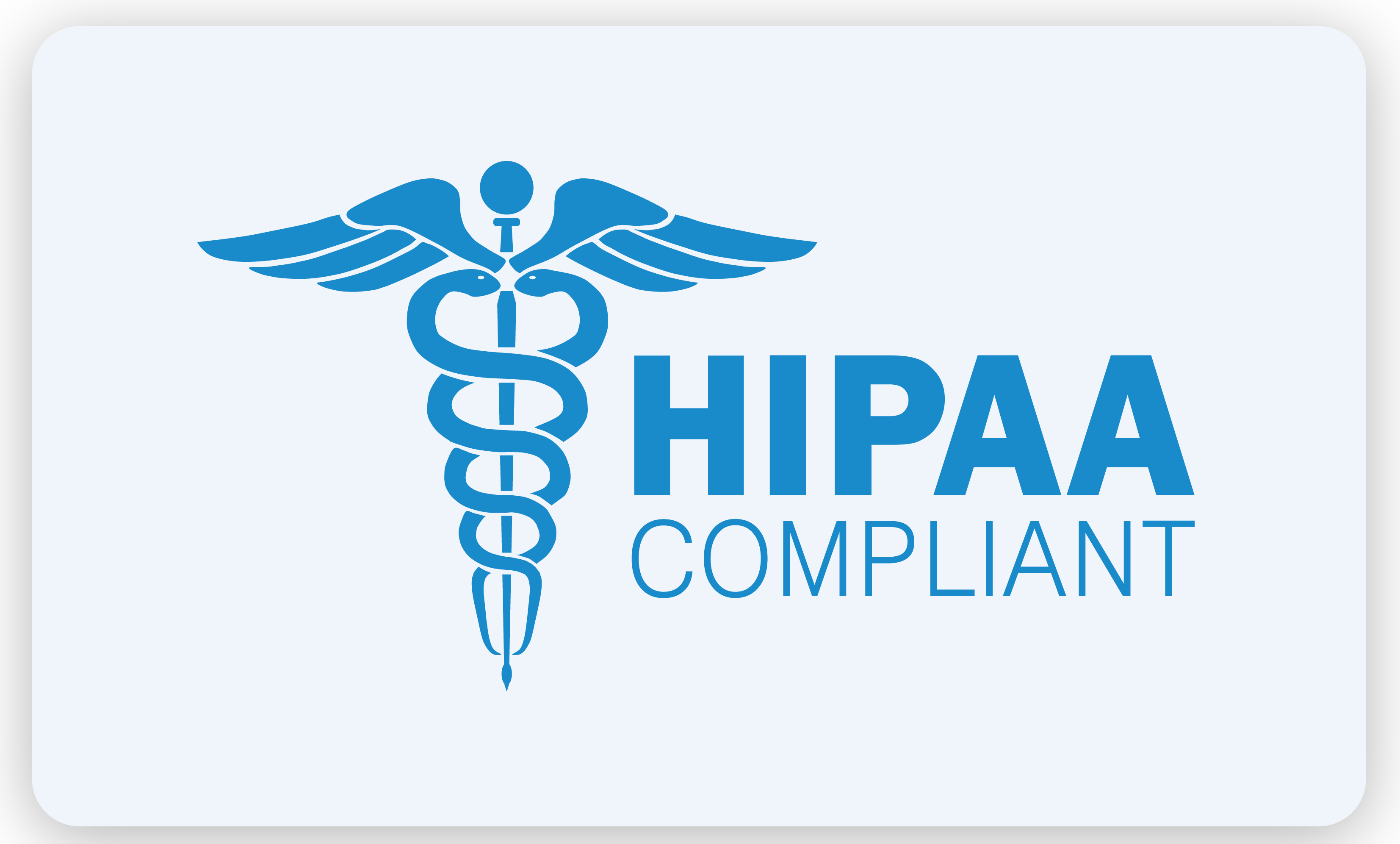01 Mar

This is the first blog post for HealthMatriX’s AI Learning and Awareness series.
AI is a powerful and disruptive area of computer science, having the potential to fundamentally transform the practice of medicine and the delivery of healthcare and life science. The escalating complexity and abundance of data in healthcare underscore the pivotal role AI is playing in this sector. Notably, various AI applications are gaining traction among healthcare payers, providers, and life sciences companies.
These applications primarily target crucial areas such as diagnosis and treatment recommendations, patient engagement and adherence, and administrative activities. It’s worth noting that AI often outperforms or matches human capabilities in numerous healthcare tasks. However, practical considerations related to implementation currently impede the broad-scale automation of jobs held by healthcare professionals.
This article will provide an in-depth exploration of how AI is effecting transformative changes within the healthcare sector, offering valuable insights for managers and decision-makers.
AI in Healthcare
AI is a set of computer systems capable of performing complex tasks that usually only a human can do, such as reasoning, making decisions, or solving problems. AI encompasses the field of science and engineering dedicated to creating intelligent machines, achieved through algorithms or a predefined set of rules that machines follow to emulate human cognitive functions, including learning and problem-solving. AI systems possess the capability to proactively address problems and navigate issues as they arise, operating intentionally, intelligently, and adaptively. Their strength lies in the capacity to learn and identify patterns and relationships within extensive multidimensional and multimodal datasets. For instance, AI systems can translate an entire medical record into a single numerical representation indicative of a likely diagnosis. Furthermore, these systems are dynamic and autonomous, continuously learning and adapting to the influx of additional data.
Contrary to being a single, universal technology, AI comprises various subfields, such as machine learning (ML) and deep learning (DL), which, either individually or in combination, enhance applications with intelligence. ML involves the study of algorithms enabling computer programs to autonomously improve through experience. Machine learning is categorized into four fields:
1. Supervised Learning
- Leverages labeled data (annotated information).
- Example: Using labeled X-ray images of known tumors to detect tumors in new, unlabeled images.
2. Unsupervised Learning
- Aims to extract information from data without predefined labels.
- Example: Categorizing groups of patients with similar symptoms to identify common causes.
3. Reinforcement Learning (RL)
- Computational agents learn through trial and error or expert demonstration.
- Noteworthy: Major AI breakthroughs in recent years have been rooted in RL.
4. Deep Learning (DL)
- Represents a class of algorithms that learns from a large, many-layered collection of interconnected processes.
- The predominant method in contemporary AI, particularly driving improvements in areas such as image and speech recognition.
Why AI Systems are Necessary For Healthcare and Life Science Sector
Healthcare systems worldwide grapple with achieving the ‘quadruple aim‘:
- Enhancing population health,
- Improving the patient experience,
- Elevating caregiver satisfaction, and
- Reducing the escalating cost of care.
Challenges posed by aging populations, the burden of chronic diseases, and global healthcare costs prompt the need for innovation and transformative healthcare delivery models. COVID-19 has intensified the urgency for healthcare systems to perform effectively and scale efficiently by leveraging real-world data-driven insights into patient care.
The application of technology and AI in healthcare emerges as a promising avenue to address these challenges. The convergence of multi-modal data availability, encompassing genomics, economic, demographic, clinical, and phenotypic data, with advancements in mobile technology, the Internet of Things (IoT), computing power, and data security, creates an opportune moment for AI-augmented healthcare systems.
Cloud computing plays a pivotal role in facilitating the integration of effective and secure AI systems into mainstream healthcare delivery. It offers the computing capacity for analyzing extensive datasets at higher speeds and lower costs compared to traditional on-premises infrastructure. Increasingly, technology providers are collaborating with healthcare organizations to drive AI-driven medical innovation enabled by cloud computing and technology-related transformation.
The below sections summarize recent breakthroughs in AI applications in healthcare, outline a roadmap for building effective AI systems, and explore the potential future direction of AI-augmented healthcare systems.
Use Cases of AI in Healthcare
AI has the potential to empower healthcare systems in realizing the ‘quadruple aim’ by ushering in a future characterized by interconnected and AI-enhanced care, precise diagnostics, targeted therapeutics, and ultimately, precision medicine.
The research in AI applications within healthcare is rapidly advancing, showcasing potential use cases across both physical and mental health sectors. These applications span areas such as drug discovery, virtual clinical consultations, disease diagnosis, prognosis, medication management, and health monitoring.
1. Genetics Based AI-Solutions
Genome sequencing is the process of determining the entire, or nearly entire DNA sequence of an organism’s genome at a single time. In the next decade, a significant global population is expected to undergo full genome sequencing, generating substantial data for precision medicine. This sequencing process, estimated to generate 100–150 GB of data, holds immense potential for precision medicine. However, integrating genomic and phenotype information is an ongoing challenge that necessitates a redesign of current clinical systems to effectively utilize genomics data and its associated benefits.
HealthMatriX, an AI-based Healthtech company, addresses this challenge by exploring patterns within extensive genetic datasets and Electronic Medical Records (EMRs). Our focus lies in establishing connections between these datasets, specifically concerning disease markers. Leveraging correlations, NanoMatriX identifies therapeutic targets—both existing and potential candidates—for the development of personalized genetic medicines.
The incorporation of AI is integral to every phase of our drug discovery and development process, encompassing target discovery, lead optimization, toxicity assessment, and innovative trial design. Contact us now for a consultation to employ this genetic-based AI solution for your life science business.
In cases where inherited diseases manifest symptoms without a precise diagnosis, interpreting whole genome data remains a complex task due to the diverse genetic profiles. Precision medicine, coupled with the utilization of AI, offers methods to enhance the identification of genetic mutations through full genome sequencing.
2. Drug Discovery and Development
Drug discovery and development is a lengthy, expensive, and intricate process that can span over 10 years from target identification to market approval. Failures are common, with many drug candidates dropping out during development, adding significant financial strain. Regulatory hurdles and the challenge of surpassing existing drugs further complicate the process, making it both demanding and inefficient.
Recent years have seen a surge in available data assessing drug compound activity and biomedical information. Automation and new experimental techniques, such as Markov model-based text-to-speech synthesis and parallel synthesis, contribute to this data influx. However, efficient classification of potential drug compounds requires mining large-scale chemistry data, where machine learning, including support vector machines, neural networks, and random forests, has shown promise.
Deep learning is increasingly adopted due to growing data volumes and enhanced computing power. Machine learning plays a crucial role in various drug discovery tasks, including property and activity prediction, de-novo design, drug-receptor interactions, and drug reaction prediction. In this way, AI systems can decrease the time required to discover and develop a drug available for the market.
3. Computer Vision For Surgery
The use of AI and computer vision in surgical technology aims to enhance specific surgical skills like suturing and knot-tying. The Johns Hopkins University’s smart tissue autonomous robot (STAR) has shown superiority over human surgeons in certain procedures performed on animals. While a fully autonomous robotic surgeon is a distant concept, researchers are keen on augmenting different aspects of surgery using AI.
For instance, a team at the Institute of Information Technology at Alpen-Adria Universität Klagenfurt utilizes surgery videos for training. They aim to identify specific interventions made by surgeons, recognizing actions like dissection or cutting in the patient’s tissues or organs. These algorithms, trained on numerous videos, could prove valuable for complex surgical procedures or instances where an inexperienced surgeon needs to perform emergency surgery. Surgeons’ active involvement in developing such tools ensures clinical relevance, quality, and a smooth transition from the lab to the clinical setting.
4. AI-Enabled Skin Cancer Detection
Computer vision and artificial intelligence (AI) have become integral in the detection and diagnosis of skin diseases, particularly skin cancer. The applications of these technologies are diverse and impactful.
- Early Detection of Skin Cancer
In skin cancer diagnostics, AI and ML algorithms have demonstrated the capability to outperform or match professional dermatologists in multiple studies. Early detection facilitated by these technologies can significantly contribute to preventing fatalities, making them invaluable.
- Feature Extraction and Disease Classification
Pre-trained architectures like ResNet152, AlexNet, and VGGNet play a crucial role in combining various skin disease features, such as texture, imaging, and color. Additionally, these architectures are employed for conducting segmentation tasks. The extracted features are then utilized for the classification of different skin diseases.
- Dermoscopic Image Analysis
Multi-CNN models serve as a foundation for feature extraction from dermoscopic images. Convolutional neural network is a type of deep learning algorithm well suited to analyzing visual data. These images are subsequently classified using various machine learning algorithms, resulting in a reliable, accurate, and rapid diagnosis of skin diseases.
- Automated Analysis of Pigmented Skin Lesions
Researchers have developed an analysis system utilizing wide-field images and deep learning for more effective and efficient detection of skin cancer. This automated approach aims to enhance the overall accuracy and speed of skin cancer detection.
These applications collectively contribute to a broader initiative focused on developing simpler, more cost-effective, minimally invasive, and accurate methodologies for skin cancer detection, independent of human intervention. The ultimate goal is to improve the chances of survival during the treatment of skin cancer through early detection.
If you also want to build an AI system for early skin cancer detection, you can contact HealthMatriX. Our AI-advanced solutions are custom-designed for accurate detection, and diagnosis, and are hallucination-free.
5. Neuroprosthetics
Neuroprosthetics refer to devices that enhance a person’s nervous system by providing both input and output support. Typically, this augmentation involves electrical stimulation to address neurological deficiencies in patients facing conditions that affect hearing, vision, cognitive functions, or motor skills, potentially leading to associated health issues.
Conditions like multiple sclerosis or Parkinson’s can progressively deteriorate a person’s abilities, causing a painful decline. Recent advancements in brain-machine interfaces (BMIs) have demonstrated the potential to create systems where a user’s intentional and voluntary goals (measured through electroencephalogram, EEG) can be stored and learned by an intelligent controller, powered by AI. During a training phase, users can identify errors, such as mismatches between directed movements on a computer screen and the actual outcome.
The AI records correct actions and registers error-related brain signals, facilitating correction for future tasks through “reinforcement learning.” This enables the system to store different control “policies,” offering a personalized approach for patients.
The Future of AI in Healthcare and Life Science Sector
Despite initial challenges in diagnostic and treatment recommendation efforts, mastery of these domains by AI is anticipated. The primary challenge for AI in healthcare lies in ensuring widespread adoption in daily clinical practice. Approval by regulators, integration with Electronic Health Record (EHR) systems, standardization, clinician training, funding by payer organizations, and continuous updates are crucial for successful implementation. While overcoming these challenges is foreseeable, the process will take longer than the maturation of the technologies themselves. Limited AI use in clinical practice is expected within 5 years, with more extensive adoption within 10.
Contrary to widespread replacement fears, it appears that AI systems will complement, not replace, human clinicians. Instead, they will enhance human efforts in patient care. Over time, human clinicians may shift towards tasks requiring uniquely human skills such as empathy, persuasion, and holistic integration. Those resistant to working alongside AI may face challenges in the evolving healthcare landscape.
Read the second blog post for HealthMatriX’s AI Learning and Awareness series here.
About HealthMatriX Technologies Limited
HealthMatriX Technologies Limited provides AI-enabled anti-counterfeit QR codes, NFC/UHF tags, and cutting-edge technology development solutions to protect the products and documents for the healthcare and life science sectors. HealthMatriX also provides tamper-evident physical products, highly advanced AI-automated software integrations, and white-label solutions. Our cybersecure, data-protected, standardized, and innovative solutions help safeguard healthcare brands, products, solutions, and documents from unauthorized reproduction and duplication.
Recent Posts
About Us
Contact Info
HealthMatriX Technologies Limited
Unit 8, 18/F, Workingfield Commercial Building, 408-412 Jaffe Road, Wanchai, Hong Kong +852 2523 9959HealthMatriX Technologies Pte. Ltd.
192, Waterloo Street, #05-01 Skyline Building Singapore 187966© 2022 HealthMatriX Technologies Pte. Ltd. All rights reserved.

HealthMatriX provides AI-enabled anti-counterfeit QR codes, NFC/UHF tags, and cutting-edge technology development solutions to protect the products and documents for the health sector. HealthMatriX also provides tamper-evident physical products highly advanced AI-automated software integrations and white-label solutions.




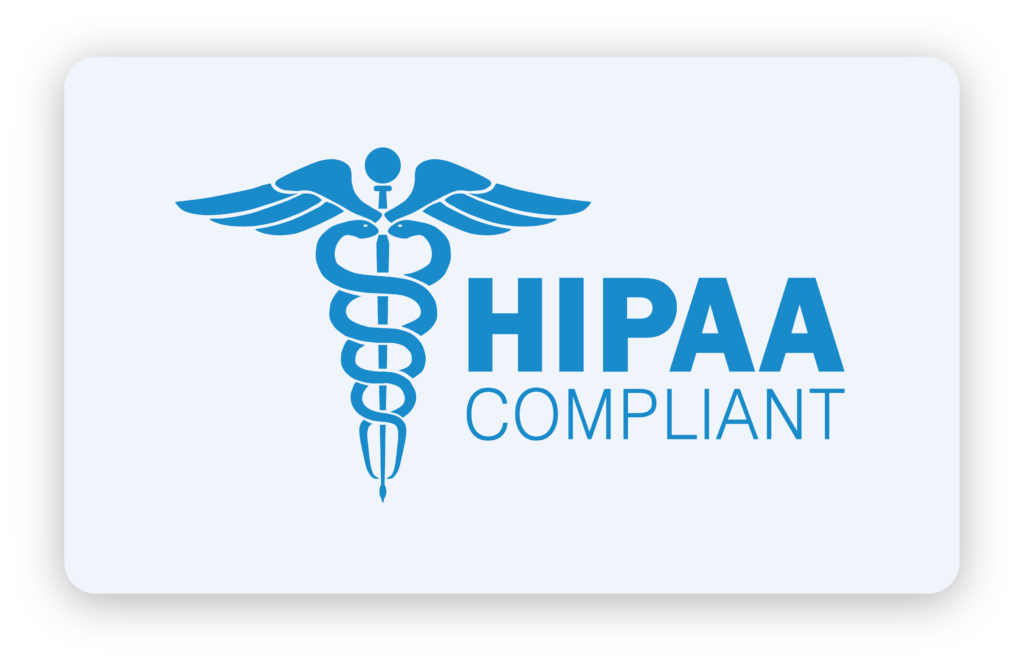
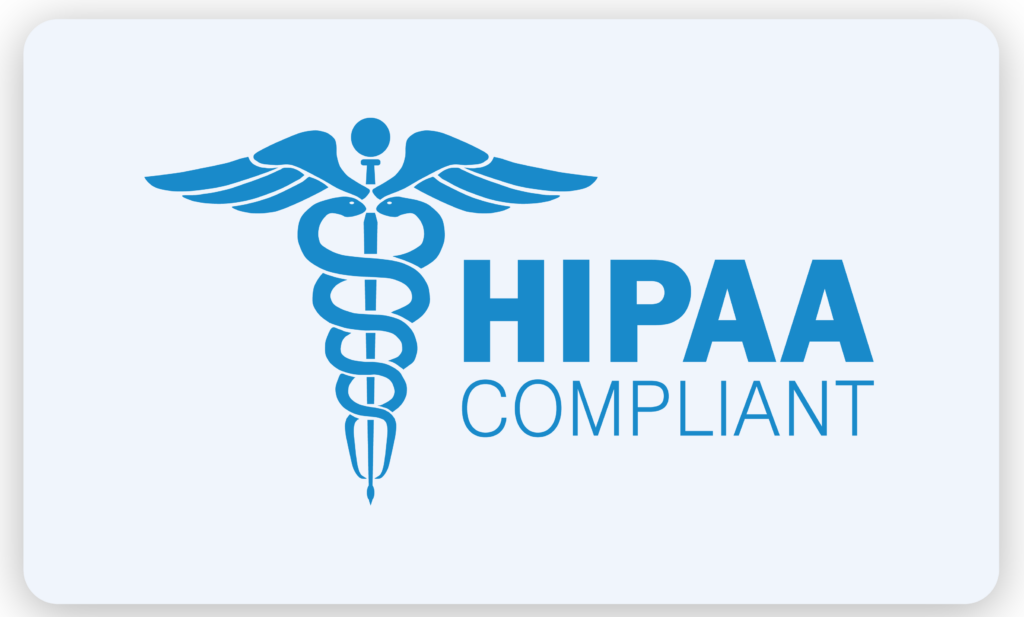
About Us
Contact Info
HealthMatriX Technologies
[email protected]HealthMatriX Technologies
Unit 8, 18/F, Workingfield Commercial Building, 408-412 Jaffe Road, Wanchai, Hong Kong+852 2523 9959
© 2025 HealthMatriX Technologies. All rights reserved.







